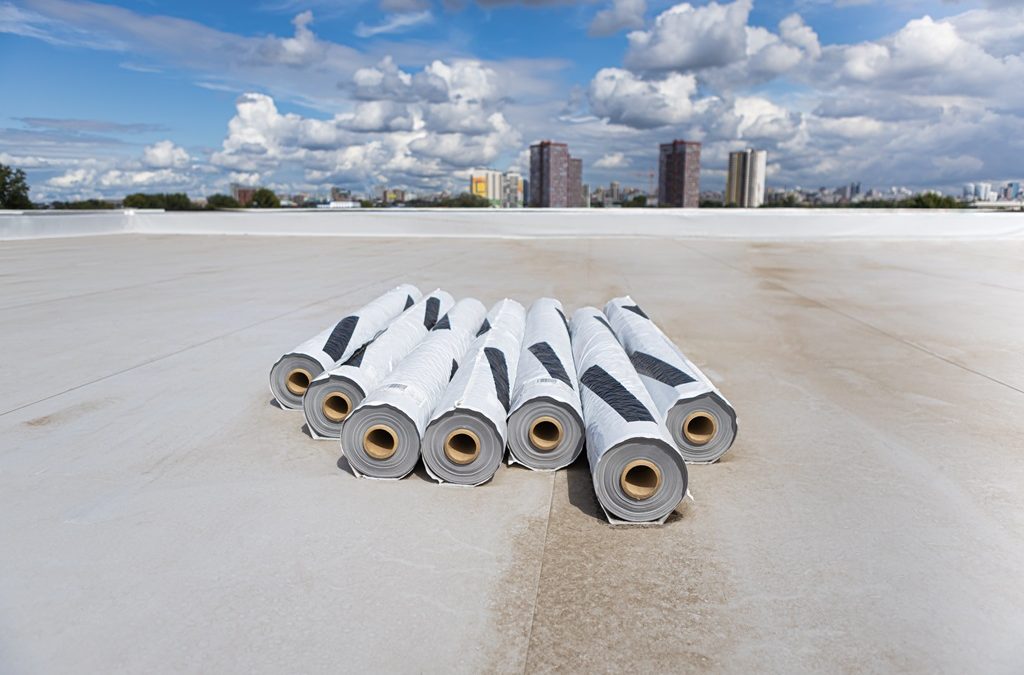PVC roofing is an excellent option for businesses looking for a durable, long-lasting roofing solution. PVC roofs are made from plastic, making them resistant to weather damage and corrosion. They also require very little maintenance, making them a cost-effective choice in the long run. We will discuss the advantages of PVC roofing and how it can benefit your commercial roofing or home.
1. Long-Lasting Roof
PVC roofs are made from tough, durable plastic resistant to weather damage and corrosion. This makes them an excellent choice for homeowners or businesses that need a roof with longevity.
2. Low Maintenance Requirement
PVC roofs are environmentally friendly, which means they have less impact on the environment than other types of roofing materials. They also require very little maintenance—a benefit that saves time and money over time. Business owners can avoid costly repairs by investing in PVC roofing for their commercial buildings. These roofs are more affordable than traditional metal roofs, with ongoing upkeep costs.
3. Energy Efficiency
A PVC roof brings many benefits to commercial buildings, and one of them is energy efficiency. Since plastic doesn’t allow much heat to enter through it, a PVC roof can help reduce your heating and cooling costs.
4. Protection from the Elements
Since PVC roofs are made to be resistant to weather damage such as hail, rain, and wind damage, they can protect your business. These types of roofs are impact-resistant, which makes them ideal for commercial buildings that experience strong winds or severe weather in general. Plastic roofs also provide steel-like strength against even the strongest storms and hurricanes.
5. Design Flexibility
One benefit of PVC roofing is design flexibility. All rooftops need to keep out the elements and last over time without requiring too much maintenance. PVC roofs can do both, and they come in several appealing colors and styles. They offer the same protection as other roofing materials, but they also enhance curb appeal.
6. Flexible Installation and Replacement Options
PVC roofs aren’t like asphalt or slate roofs—they don’t contain organic components that make them difficult to install or replace. Plastic roofs have several installation options, including ballasted systems, adhered systems, and standing seam panels. This makes it easy for businesses to choose a system that works best with their roof or building design. There are also PVC membrane roof systems that allow you to fix leaks quickly without removing the entire roof.
7. Fire Retardant
Plastic roofs are highly resistant to fire damage, making them an excellent choice for businesses near airports or other locations where there’s a fire risk. When exposed to high heat from a fire, PVC roofs don’t emit toxic fumes like asphalt and metal roofing do. They don’t give off toxic smoke means that PVC also creates a safer environment for workers during a fire.
8. Eco-Friendly
Since plastic is recyclable, it has less impact on the environment than traditional roofing materials such as asphalt and slate. That means you’re making a responsible choice when you install PVC roofing on your home or business. In addition, there are no hazardous emissions during installation. You can rest easy knowing that this type of roofing material doesn’t increase your carbon footprint or make the air around you any less safe.
Conclusion
PVC roofs are energy-efficient, long-lasting, and more durable than traditional roofing materials. PVC roofs are energy-efficient, long-lasting, and more durable than traditional roofing materials. They also come in several styles and colors and can be installed differently based on your specific needs. PVC roofs are eco-friendly, easy to maintain. If you want to add value to your business while protecting it from the elements, choose PVC roofing.

